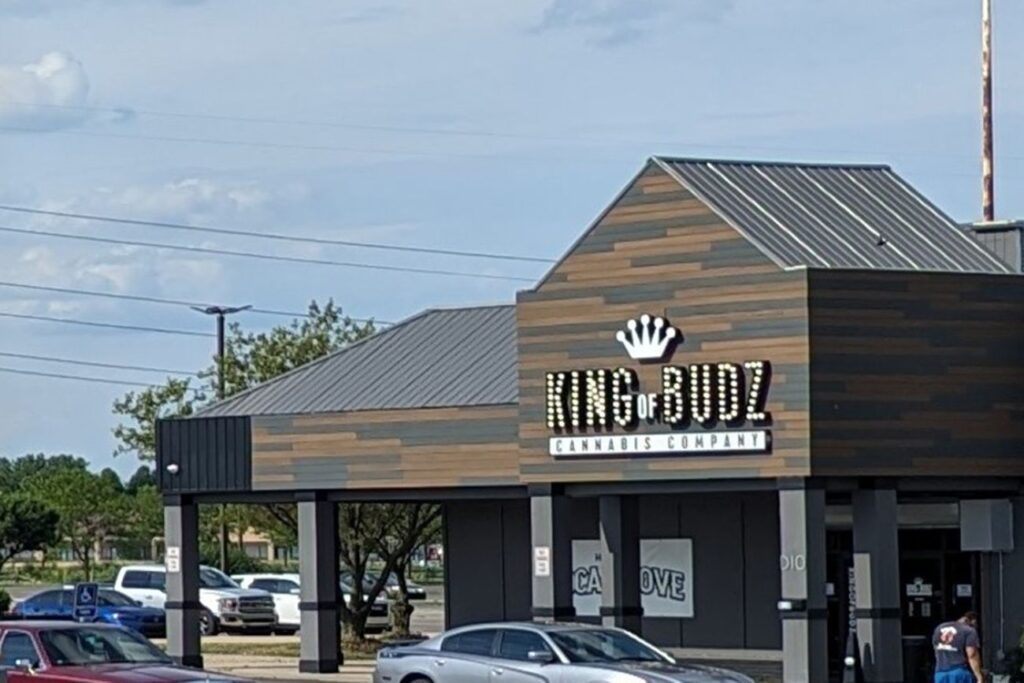This month or next, someone is going to walk into a Michigan dispensary, buy marijuana and trigger a big moment for the industry: $10 billion in cumulative sales of recreational cannabis.
Crossing that threshold cements Michigan as one of the top states for marijuana sales, even amid a steep drop in prices that may please the user but worries the industry.
The state reported cumulative sales of nearly $9.7 billion through October and is averaging $279 million a month. At that pace, sales will likely exceed $10 billion in the first week of December.
But if November is a big month — folks stocking up for the holidays — it could already have happened.
Since Michigan voters legalized recreational marijuana in 2018 and sales began in late 2019, consumers have steadily bought marijuana and stores have opened in 71 of the state’s 83 counties.
In October, consumers bought nearly 50 tons of flower marijuana, up from 2.5 tons (4,989 pounds) in October 2020. And October’s sales are up nearly a third in the past year, selling nearly 24,000 pounds more than in 2023.
But here’s the rub: The dollar value of year-over-year sales actually fell, to $116.5 million this year from $118 million in 2023.
Once marijuana was legalized and for sale, suppliers rushed into the industry. Now, supply exceeds demand.
Sponsor
“Michigan has more marijuana grow licenses — and therefore more marijuana product — in the market than ever before,” said David Harns, a spokesperson for the Michigan Cannabis Regulatory Agency in an email exchange with Bridge Michigan.
Flower marijuana prices have fallen to $74 an ounce last month from $400 an ounce in 2020, while edibles have dropped to $4 an ounce from $15 an ounce over that time.
Retailers sold nearly 400,000 pounds of edibles in October, up from 311,000 pounds a year ago and 46,700 pounds in 2020.
The declining prices are a “good thing for consumers,” said Beau Whitney, chief economist for the National Industrial Hemp Council of America.
It’s less good for retailers, many of whom are struggling to make a profit, he added.
Under state law, the Michigan Cannabis Regulatory Agency cannot limit who gets a license, Harns said. Now, the state is trying to halt efforts by some to sell illicit products in the legal market, he said.
If marijuana were like, say, soybeans, the solution would be one state over.
Ohio just legalized recreational marijuana and retailers just started selling in the summer. But demand far outstrips demand in Ohio where prices average nearly $500 an ounce.
But because marijuana is still considered an illicit drug nationally, it cannot be shipped across state lines.
So Michigan’s oversupply can’t leave the state. It is only leading to lower prices here.
The legal recreational markets in Colorado, California, Oregon all have run into the same issue – local growers flood the market and prices plummet.
All have lower prices than even Michigan, whose prices are among the lowest in the country, according to one survey by Oxford Treatment Centers.
Sponsor
So far, Ohio’s new legal retailers aren’t putting a dent in sales in southeast Michigan.
Whitney said it could take time before it will. For now, consumers will have to weigh whether a four-hour round-trip drive to Michigan from Cleveland is worth a 10-fold lower price.
But overall, Whitney anticipates that Michigan’s sales have “probably peaked.”
Another national expert, Aaron Smith, CEO of the National Cannabis Industry Association, said history suggests the low prices are here to stay and will “be the norm.”
“It’s probably the greatest days ever for a consumer,” Smith said.
H/T: www.bridgemi.com



